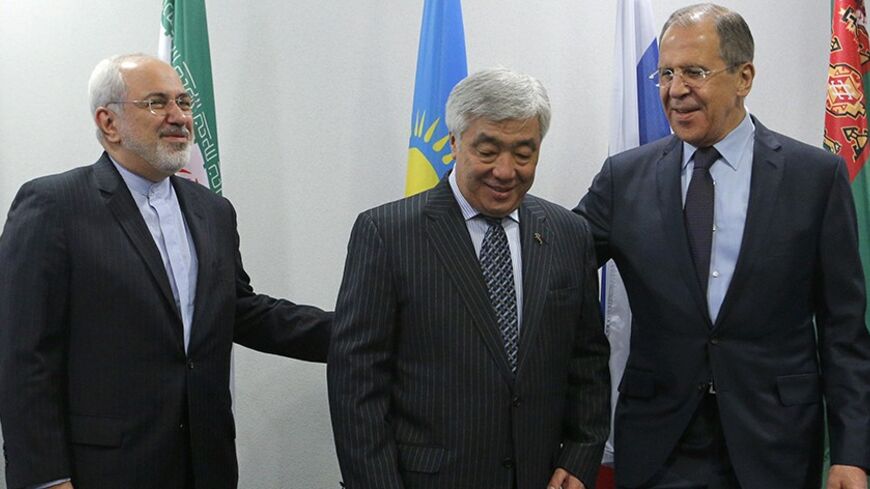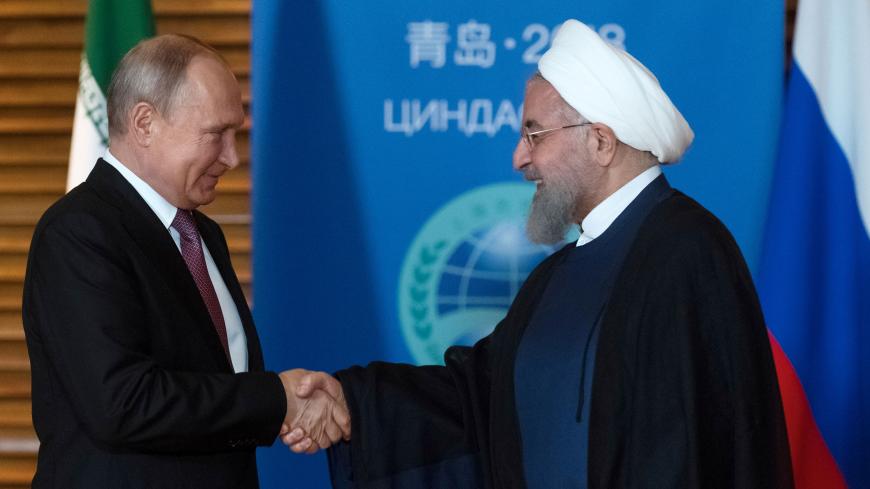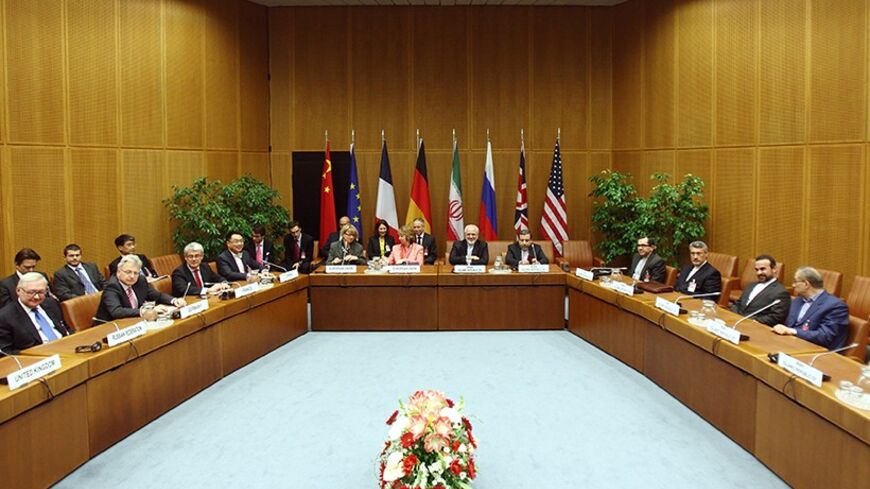

Why AL-Monitor?
AL-Monitor is an award-winning media outlet covering the Middle East, valued for its independence, diversity and analysis. It is read widely by US, international and Middle East decision makers at the highest levels, as well as by media, thought and business leaders and academia.
Read by









Live news & notifications

Premier analysis of the Middle East

Live events & video

Specialized Newsletters

Big, exclusive interviews

ALM archives since 2012

Subscribe for unlimited access
By becoming an Al-Monitor subscriber, you drive our team’s rigorous and independent journalism spanning the Middle East.
Continue

![A Russian supertanker is anchored by Neka oil terminal, 300 km north-east of [Tehran], during an inauguration ceremony of the first phase of an oil swap project with Iran's Caspian neighbours, April 29, 2004. [ Under the project Iran will take crude from Russia, Kazakhstan and Turkmenistan and transfer them through pipelines to refineries in the cities of Tehran and Tabriz.] - RTXMLA4](/sites/default/files/styles/article_header/public/almpics/2014/01/RTXMLA4.jpg/RTXMLA4.jpg?h=f7822858&itok=Ht0Xk3dl)




